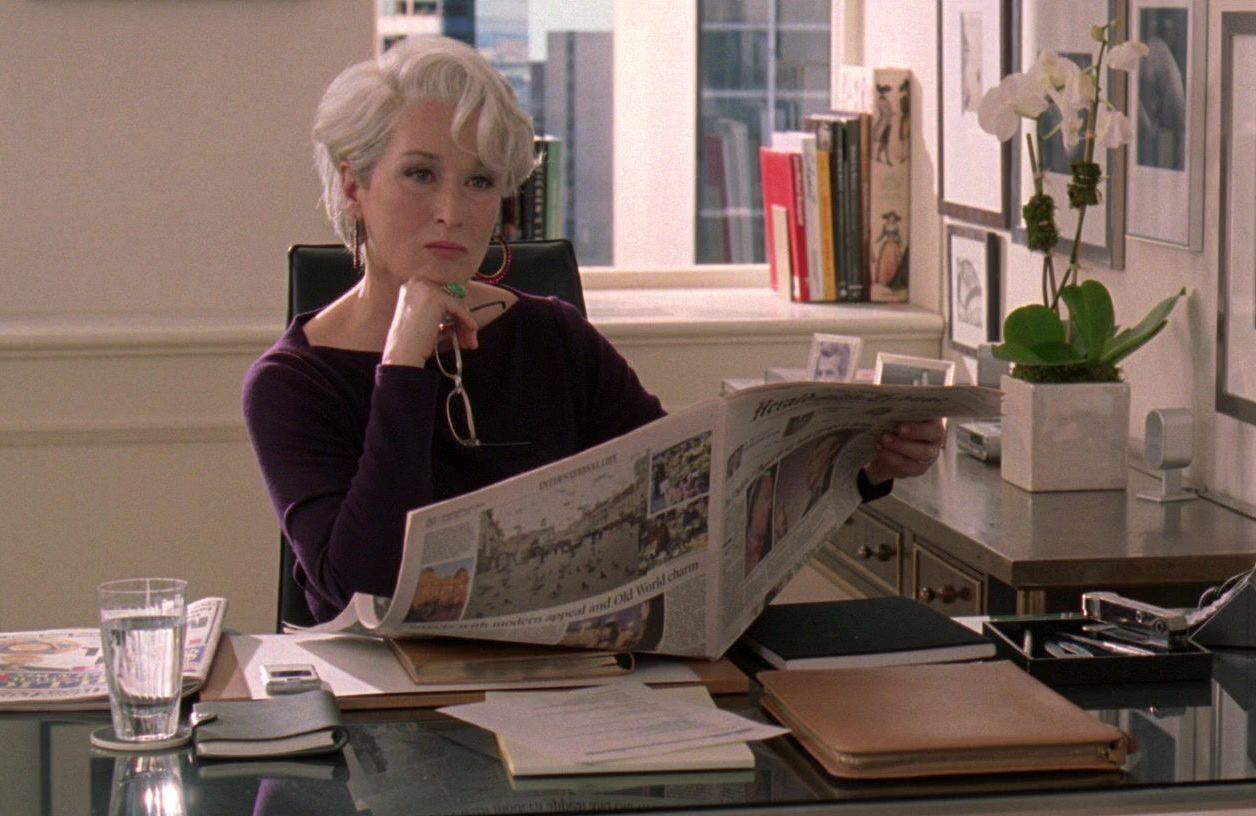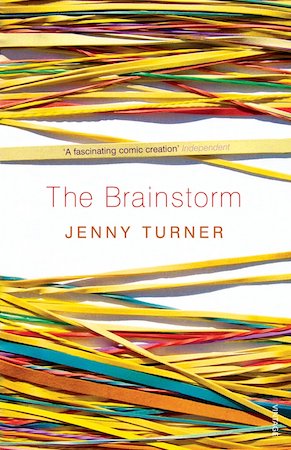If you enjoy reading Electric Literature, join our mailing list! We’ll send you the best of EL each week, and you’ll be the first to know about upcoming submissions periods and virtual events.
The doldrums of corporate culture are a touchstone of contemporary art. For one thing, normal nine-to-fives sustain writers, keeping us afloat; and as the adage goes, writers write what we know. For another, readers love seeing themselves reflected in the books they consume. What’s more appealing than knowing you’re not alone in having a god awful boss? Reading stories that remind you how much worse it could be.
But these books can be hopeful, too. Most protagonists in terrible-boss narratives escape their Faustian jobs. Or they negotiate a way to get what they need out of an occupation they didn’t necessarily want. Whether it’s the conflict between vocation and avocation, boss and underling, or individualism and collective office hive-mind, these texts tackle the clashes inherent in everyday work environments and demonstrate that there can be a light at the end of the tunnel.

Such a Fun Age by Kiley Reid
Normally, you wouldn’t see the phrases “page-turner” and “scorching examination of race and privilege” together in the same sentence. But that’s exactly what this novel is. When Emira, a young Black woman, is accused of kidnapping the white child she babysits, her boss Alix—the child’s powerful, well-known mother—resolves to make things right. Though Alex is well-intentioned, Emira doesn’t quite trust her to navigate the conflict. Ultimately, the unintended consequences of Alix’s goodwill change both women’s lives. This beautifully-written novel about work, ambition, and white saviorism is a must-read.
Fear and Trembling by Amélie Nothomb
In this satirical novel, a young Belgian woman named Amélie signs a year-long contract to work as a translator for a prestigious Japanese firm. Her new boss’ friendly façade disappears almost immediately, and Amélie spends the year sliding down the corporate ladder, stumbling through a series of cultural and workplace misunderstandings that land her at the bottom of the shit-pile—literally. At once rollickingly funny and deeply insightful, Nothomb’s novel takes on the sexism and Sisyphean tasks inherent in corporate culture.
Empire Falls by Richard Russo
Russo’s Pulitzer Prize-winning novel follows Miles Roby, who manages the most popular restaurant in the decaying mill town of Empire Falls, Maine. His manipulative employer has promised to leave the restaurant to him when she dies, but Roby is suspicious. The restaurant isn’t the only thing rooting him in Empire Falls—there’s his weed-growing younger brother, his equally ne’er-do-well father, his almost-ex-wife, and his teenage daughter—an unforgettable cast that slowly reveals Roby’s troubled past and his secrets. This character-driven opus examines America’s blue-collar towns through the lens of work, duty, and family.
The Brainstorm by Jenny Turner
For anyone who loves a good journalism novel, consider this book by Jenny Turner, in which the protagonist arrives at a towering office for her glamorous newspaper job having completely forgotten what she does. She spends a good chunk of this novel trying to figure it—and, in turn, herself—out. Ultimately, though, it might not matter what she does; this is the point of Turner’s acerbic comedy, crafted with a distinctly postmodern sensibility and an air of constant defamiliarization.
The Beautiful Bureaucrat by Helen Phillips
This novel is an incredible blend of black comedy, thriller, and love story. Josephine has just moved with her husband to a big city, where she finds work putting strings of meaningless numbers and letters into a database. The agency responsible for the database is monolithic and perplexing, but Josephine had such difficulty getting a job that she doesn’t question it until strange things start to happen: her husband disappears overnight, and a series of “delivery failed” notices appears on her door, though nobody has her new address. If such a mystery sounds tantalizing, you can read an excerpt here.
There Will Be No Miracles Here by Casey Gerald
You might remember Casey Gerald’s viral TED talk. His memoir is even sharper, even more stunning. Gerald’s writing is strikingly honest, seldom self-aggrandizing in the way that so many successful businessmen’s memoirs are. He takes readers from his difficult, devout childhood in Texas to his stint as a football player at Yale to his time at Harvard Business School, examining the ways in which Americans treat work with the same blind reverence typically reserved for religion. From Wall Street to Washington and beyond, Gerald reveals how the elite perpetuate mythologies that keep others from rising.
There’s No Such Thing as an Easy Job by Kikuko Tsumura
After a stress-induced meltdown, the protagonist of There’s No Such Thing as an Easy Job goes looking for employment with the following criteria: no reading, no writing, and, ideally, very little thinking. From there, she embarks on a series of increasingly meaningless temp jobs that toe a fine line between freeing her and confining her within a sort of self-imposed exile. As her quest for an alternative to a standard nine-to-five existence progresses, she discovers the price of searching for meaning beyond capitalist fulfillment.
Everyday Life by Lydie Salvayre
Suzanne has worked as a secretary at the same company for thirty years, so when a new one is hired, she’s reasonably upset. But over the course of this novel, her chagrin morphs into an obsession. As she worries about becoming obsolete, resisting every change the new secretary brings to the office, Suzanne’s internal monologue grows increasingly frantic and menacing. Is the new secretary really a threat, or is it all in Suzanne’s head? This novel brings workplace competition to new levels of intensity, exploring how age and habit impact the rhythms of an office environment.
The Caine Mutiny by Herman Wouk
Another Pulitzer-winning work of autofiction, The Caine Mutiny is based on Wouk’s personal experiences during World War II. Willie Keith, Wouk’s protagonist, is a naïve Princeton graduate who’s commissioned as an ensign in the Naval Reserve after signing up for midshipman school to avoid the draft. He ends up on the Caine, a derelict minesweeper with a strict, by-the-book captain who uses his commanding persona to hide the fact that he has no idea what he’s doing. When Captain Queeg orders his crew to flee a battle area, the men decide to mutiny. This novel is widely hailed as the first work of American fiction to grapple with the moral complexities and consequences of World War II.








